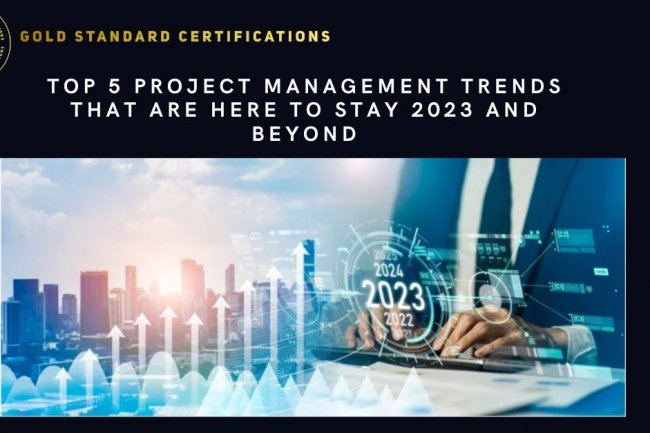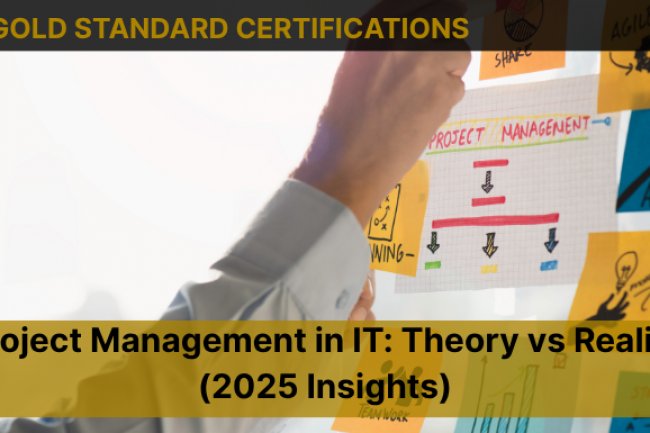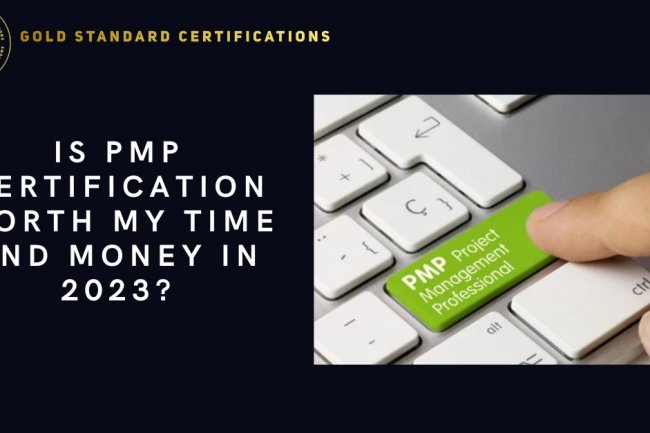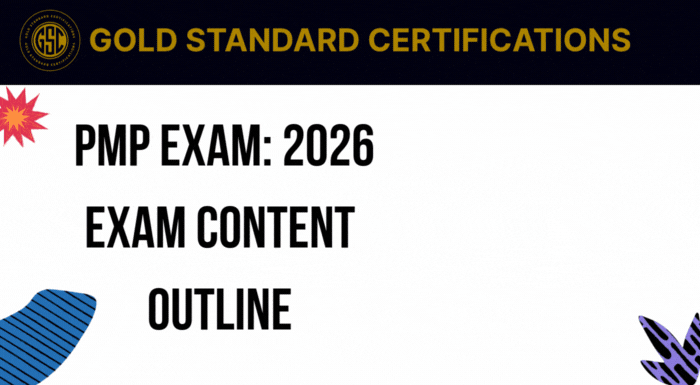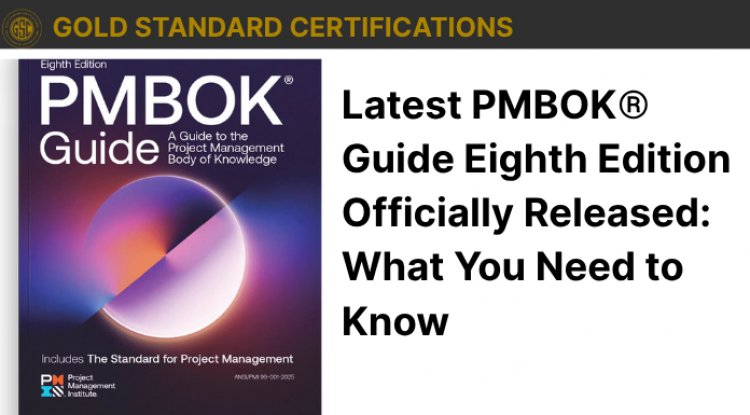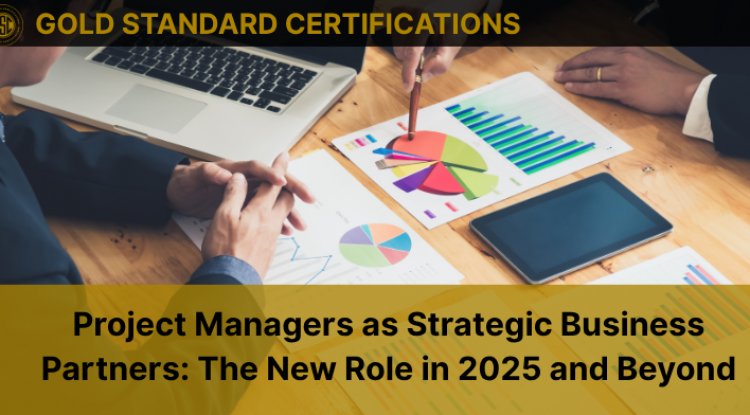The Future of Project Management: Trends for 2025 & Beyond
Explore key project management trends for 2025 and beyond. Stay ahead with insights, tools, and skills needed by professionals in the U.S. and Canada

The Future of Project Management: Trends to Watch in 2025 and Beyond
The world of project management is evolving at a pace we’ve never seen before. As we move into 2025 and beyond, the landscape is being reshaped by digital transformation, emerging technologies, changing workforce dynamics, and new demands from clients and stakeholders.
For professionals in the U.S. and Canada, staying ahead of these changes isn’t optional; it’s essential.
In this blog, we’ll explore the top project management trends shaping the future, how they impact professionals in US, and how you can prepare for what’s next.
1. Project Managers as Strategic Business Partners
Gone are the days when project managers were simply seen as taskmasters or delivery agents. In today’s evolving business landscape—especially across North America—project managers are emerging as strategic business partners, playing a pivotal role in driving organizational success and transformation.
The New Face of Project Leadership
Modern organizations increasingly view projects not just as temporary endeavors, but as core vehicles for executing business strategy. As a result, project managers are stepping into more strategic roles that require them to:
-
Understand broader business goals and financial drivers
-
Link project outcomes to enterprise ROI and growth
-
Participate in C-suite level planning and decision-making
-
Influence and align cross-functional departments
This shift is most evident in industries like technology, financial services, healthcare, and infrastructure, where projects often involve complex stakeholder ecosystems, tight timelines, and high strategic stakes.
According to a recent study by the Project Management Institute (PMI):
68% of executives in Canada and 61% in the U.S. believe the role of the project manager will evolve into a Chief Project Officer-style position within the next 10 years.
What Strategic PMs Need to Succeed
To thrive in this evolving landscape, project managers need more than technical knowledge. They must master business acumen, data analysis, and stakeholder influence.
Key capabilities include:
-
Financial literacy – to evaluate ROI, cost-benefit trade-offs, and business cases.
-
Executive communication – to influence decision-makers and advocate for project vision.
-
Agile leadership – to respond rapidly to market changes and shifting priorities.
-
Change management – to ensure that project outcomes are sustainable and adopted across teams.
2. AI & Automation
Artificial Intelligence (AI) and automation are no longer “nice-to-have” capabilities in project management, they’ve become core drivers of success for organizations across the United States and Canada.
Today’s high-performing project managers are no longer relying solely on instinct or spreadsheets. They're leveraging AI tools to:
- Predict Risks Proactively
Use historical data to identify potential project delays, cost overruns, and resource shortages before they happen. - Automate Time-Consuming Tasks
Repetitive actions like scheduling updates, progress tracking, and reporting are now handled by intelligent algorithms, freeing up managers for high-value work. - Make Better Decisions, Faster
With real-time dashboards, project leaders can monitor KPIs, team progress, and budget health, helping them make smarter calls under pressure.
According to a recent report by the Project Management Institute (PMI):
81% of high-performing organizations in North America are already integrating AI-powered tools into their project planning processes.
This is a strong indicator that AI adoption is becoming a competitive necessity rather than an optional upgrade.
These companies are using AI to boost speed, accuracy, agility and most importantly, project success rates.
Some AI Tools transforming Project Management today:
-
Microsoft Project AI – Predicts scheduling risks and delays
-
Wrike Work Intelligence – Automates task prioritization and flags bottlenecks
-
Smartsheet Predictive AI – Offers dynamic resource forecasts and performance insights
3. Micro-Certifications Are the New Norm
In today’s evolving project landscape, earning a PMP® is just the beginning. U.S. and Canadian employers increasingly expect project managers to engage in continuous professional development through targeted micro-certifications that reflect current industry needs.
According to PMI’s 2024 Pulse of the Profession report, 74% of project professionals said their organizations prioritize ongoing upskilling, especially in areas like Agile, risk management, conflict resolution, and emerging technologies.
Popular micro-certifications include:
-
Conflict Management
-
AI in Project Planning
-
Business Analysis for PMs
-
Change Management
These certifications allow professionals to:
-
Adapt to industry shifts
-
Fill skill gaps in high-demand areas
-
Improve cross-functional collaboration
At Gold Standard Certifications, we offer flexible, expert-led micro-certifications tailored for North American professionals, enabling them to stay sharp, relevant, and future-ready.
4. Cybersecurity and Compliance Are Now Core Responsibilities for Project Managers
Whether you're overseeing a SaaS implementation in New York or deploying a patient data system in Toronto, project managers must now actively address security and compliance throughout the project lifecycle. Why? Because data breaches, non-compliance penalties, and privacy issues can derail even the most well-executed projects.
What’s Driving This Shift?
With increasing scrutiny around data handling, North American regulations like HIPAA (USA), GDPR (global), and PIPEDA (Canada) have heightened the need for privacy and security in every project involving personal or sensitive information.
Project Managers Are Now Expected To:
-
Identify and mitigate data-related risks early during project initiation and planning phases.
-
Ensure secure collaboration by selecting project management tools that follow encryption and data protection standards.
-
Collaborate closely with IT, cybersecurity, and legal teams to align project deliverables with regulatory requirements.
-
Develop contingency and risk mitigation plans that specifically address potential data and compliance breaches.
Did you know?
44% of U.S. businesses now include project managers in cybersecurity strategy meetings, emphasizing the expanding scope of the PM’s role in safeguarding digital assets.
5. The Rise of Soft Skills and Emotional Intelligence
As automation and AI increasingly handle the technical and repetitive aspects of project management, the true differentiator for success in 2025 and beyond will be people skills
In the evolving project landscape, companies across the U.S. and Canada are recognizing that effective leadership is no longer just about managing schedules and deliverables; it’s about managing people, emotions, and expectations.
According to industry trends and hiring data, top project management roles in 2025 will demand:
A McKinsey & Company report predicts that by 2026,
emotional intelligence (EQ) will be one of the top three leadership skills required for project managers in North America.
- Empathetic Communication:
The ability to actively listen and communicate with clarity and compassion, especially when leading distributed teams across time zones. - Relationship-Building:
Building trust and buy-in with diverse stakeholders and cross-functional team members is critical for success in complex, fast-moving projects. - Adaptability in Uncertainty:
From global disruptions to team turnover, successful project managers will thrive in change and help others do the same. - Conflict Resolution & Emotional Resilience:
Skilled PMs can de-escalate tensions, resolve misunderstandings, and lead teams back to alignment while staying composed themselves.
6. Hybrid & Remote Work is Here to Stay
The future of project management is flexible, digital, and borderless.
The rise of remote and hybrid project teams, especially in industries like tech, finance, healthcare, and consulting across the U.S. and Canada- has changed the way projects are led, managed, and delivered.
According to a 2024 Gallup report, more than 75% of U.S. knowledge workers now work remotely at least part of the time, and this number is expected to increase steadily over the next 3 years.
Here’s how high-performing project managers in North America are staying ahead:
Build Flexibility into Timelines
Avoid rigid deadlines that ignore time differences. Buffer zones and rolling updates help avoid burnout.
Standardize Tools & Processes
Choose cloud-based platforms (e.g., ClickUp, Trello, Notion, MS Teams) and ensure every team member is trained to use them consistently.
Use Weekly Check-Ins
Replace status meetings with short check-in calls focused on challenges, not just deliverables. Ask: “What’s blocking you?” instead of “Are you done?”
Create Clear Documentation
Use shared documents, templates, and project dashboards to keep everyone aligned even when offline.
Foster Informal Communication
Watercooler chats are gone. Use Slack channels or virtual coffee chats to recreate human connection.
Prioritize Well-Being
Burnout risk is higher in remote setups. Encourage breaks, time off, and support mental health with realistic workloads
A recent report by Owl Labs found that 85% of companies in North America now allow hybrid work and that remote teams are 22% more productive when communication systems are optimized.
That productivity, however, depends on strong project leadership, the kind that balances tools with empathy and results with relationships.
How You Can Stay Ahead as a Project Professional
- Get Certified or Re-certified
Start with PMP, and consider Agile, Change Management, or Tech-focused micro-certs to stay relevant. - Invest in Soft Skills
Leadership, communication, and conflict resolution will define your career success. - Embrace AI and Tech Tools
Familiarize yourself with tools that help automate, analyze, and optimize.
Final Thoughts: The Future Is Now
Project management in 2025 is not just about hitting milestones; it's about leading with data, empathy, and innovation. Whether you're based in Boston or Vancouver, these trends will define your path forward.
At Gold Standard Certifications, we equip U.S. and Canadian professionals with everything needed to lead projects in the modern era—from PMP exam prep to specialized courses on emerging trends.
Ready to stay ahead of the curve?
Explore our programs → Gold Standard Certifications
